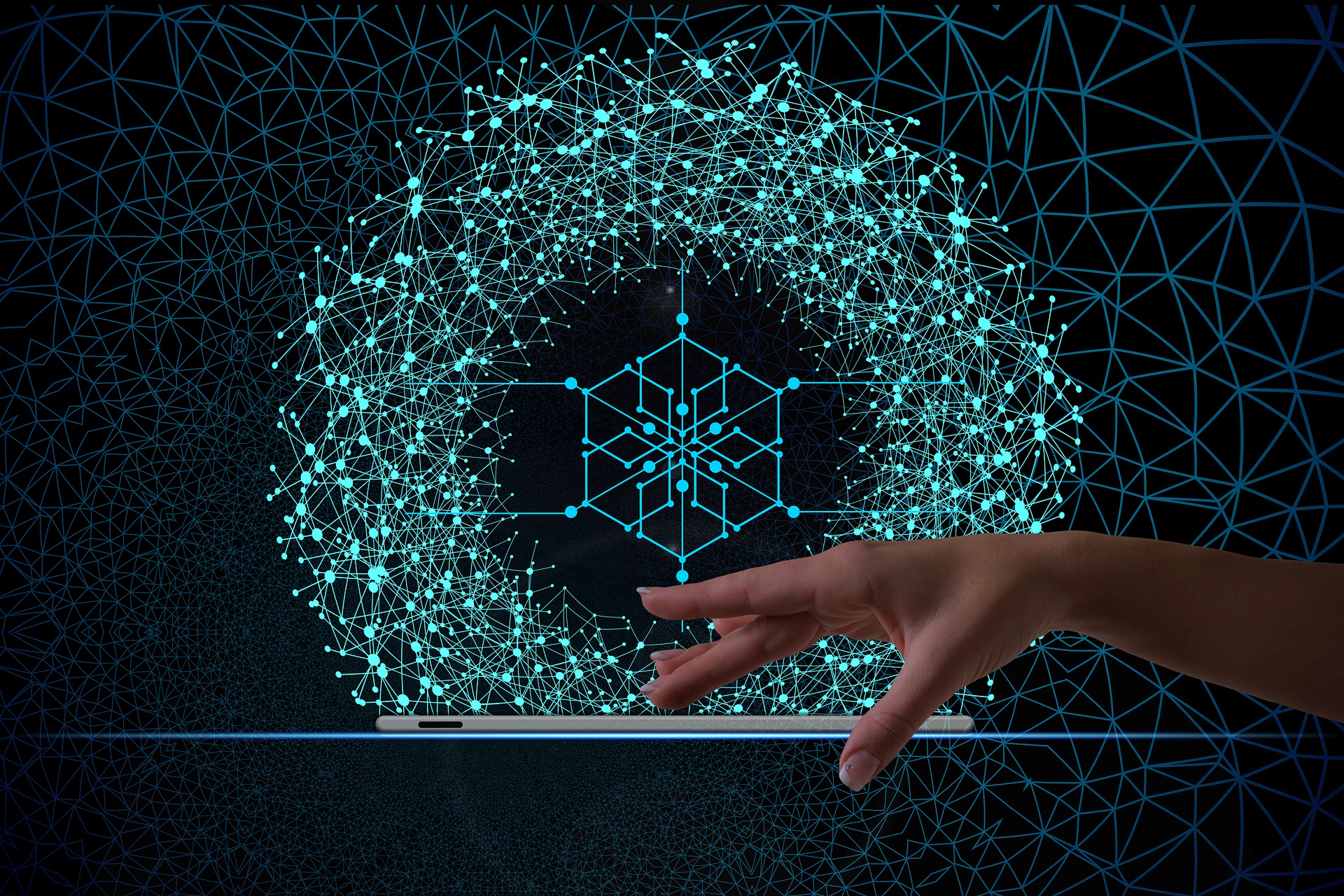
Next-Gen Chatbots Are The Future
The rise of next-generation chatbots powered by advanced artificial intelligence (AI) and machine learning (ML) is transforming the landscape of customer service, business automation, and even how we interact with technology. Unlike traditional chatbots, which rely heavily on scripted responses, these modern AI-driven bots can understand context, engage in dynamic conversations, and learn from previous interactions. The ability of these chatbots to process natural language with a high degree of accuracy, adapt to user preferences, and even simulate empathy has already begun to enhance customer service experiences across a wide variety of industries. From retail to healthcare, finance, and tech, organizations are using chatbots not just as a tool for responding to basic inquiries, but as a critical touchpoint for improving customer engagement, resolving complex issues, and providing 24/7 support with minimal human intervention. With the advent of conversational AI, these bots are increasingly capable of handling everything from technical troubleshooting to making personalized recommendations, making them an indispensable part of businesses aiming to stay competitive in an AI-powered future.
The potential for chatbots to revolutionize industries extends beyond customer service and sales. As conversational AI evolves, chatbots are beginning to play a role in industries such as education, healthcare, and entertainment, offering a wide range of applications. For instance, in the education sector, AI-driven chatbots are being used as tutors to provide personalized learning experiences for students. These bots can assess a learner’s strengths and weaknesses and offer tailored content to help them progress. In healthcare, they are enabling telemedicine services, offering mental health support, and assisting patients with routine health queries. With the integration of advanced technologies like speech recognition, sentiment analysis, and multimodal communication, the next generation of chatbots will be able to understand not just text input, but also voice commands and even facial expressions, creating a truly human-like interaction. As AI continues to advance, the line between chatbot and human interaction will blur, opening up even more possibilities for automation, personalization, and efficiency across every facet of our daily lives. The future of chatbots promises to be even more immersive, intelligent, and interconnected, driving the next wave of innovation in AI technology.